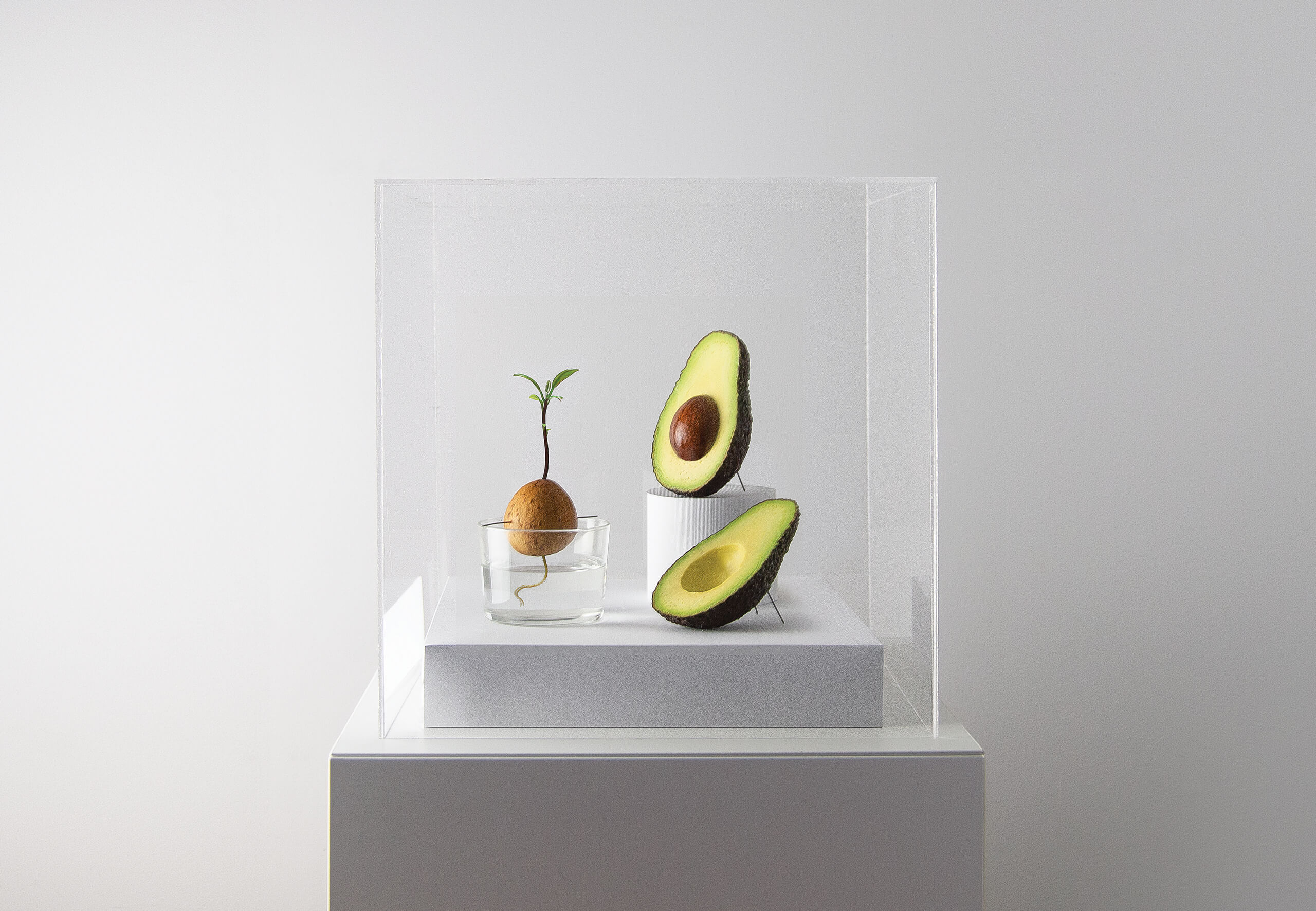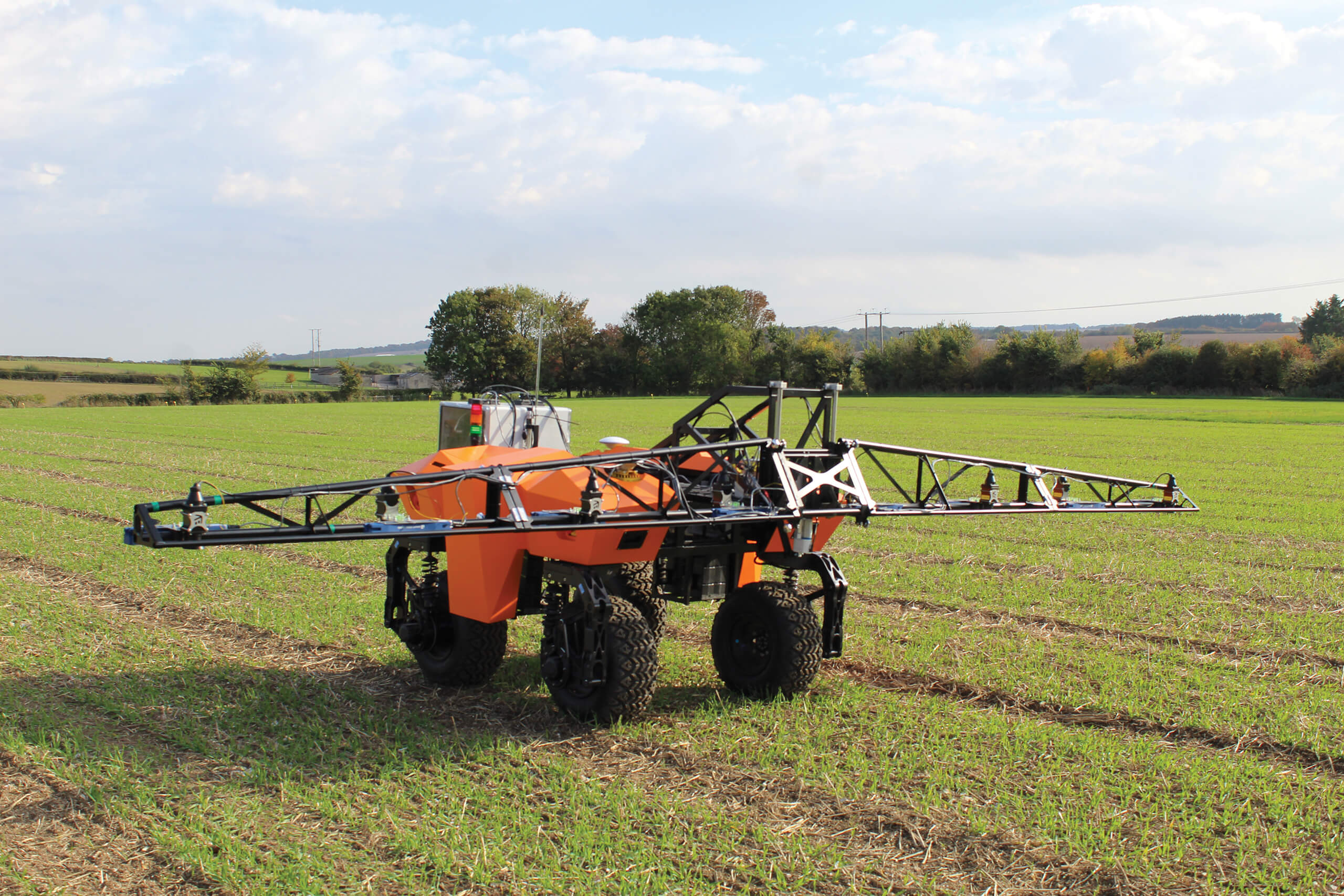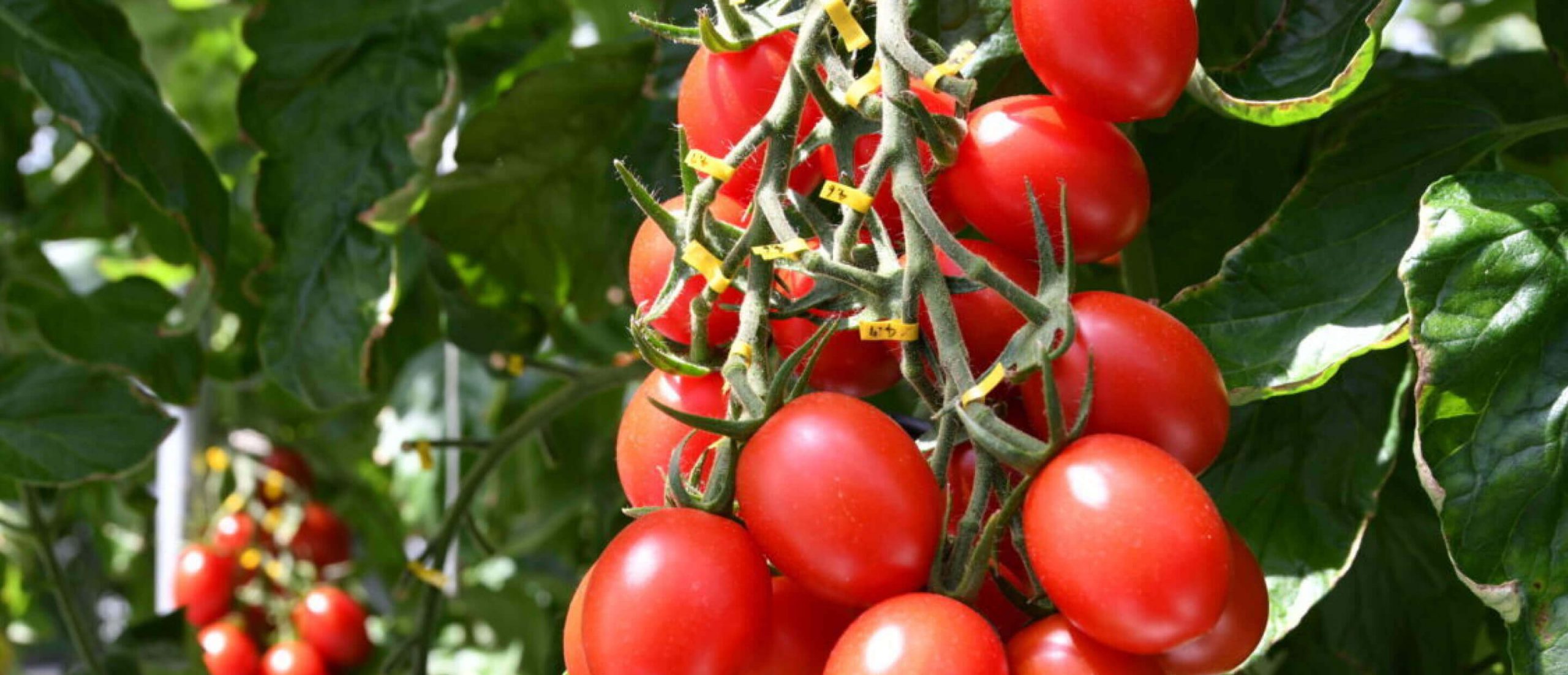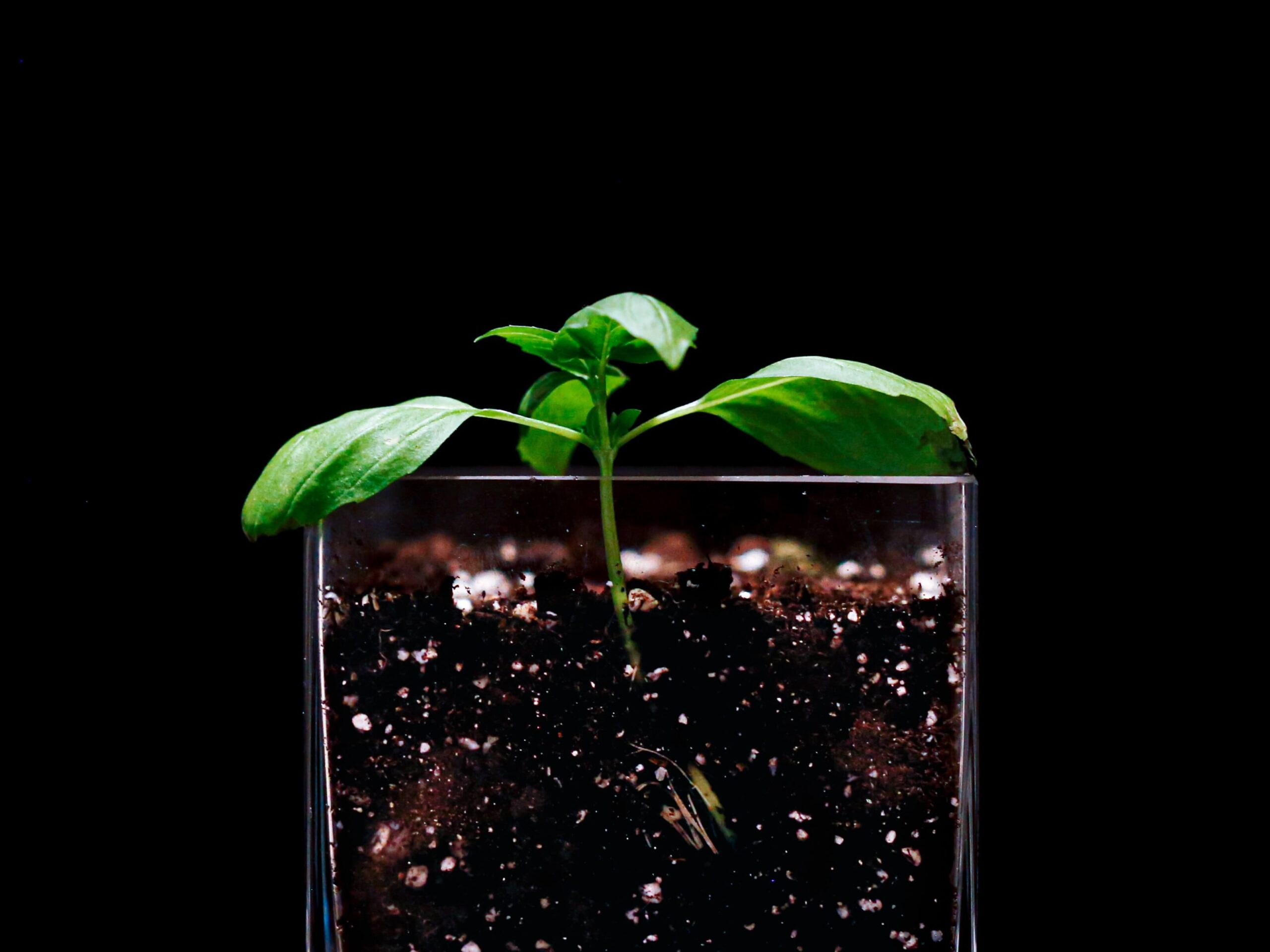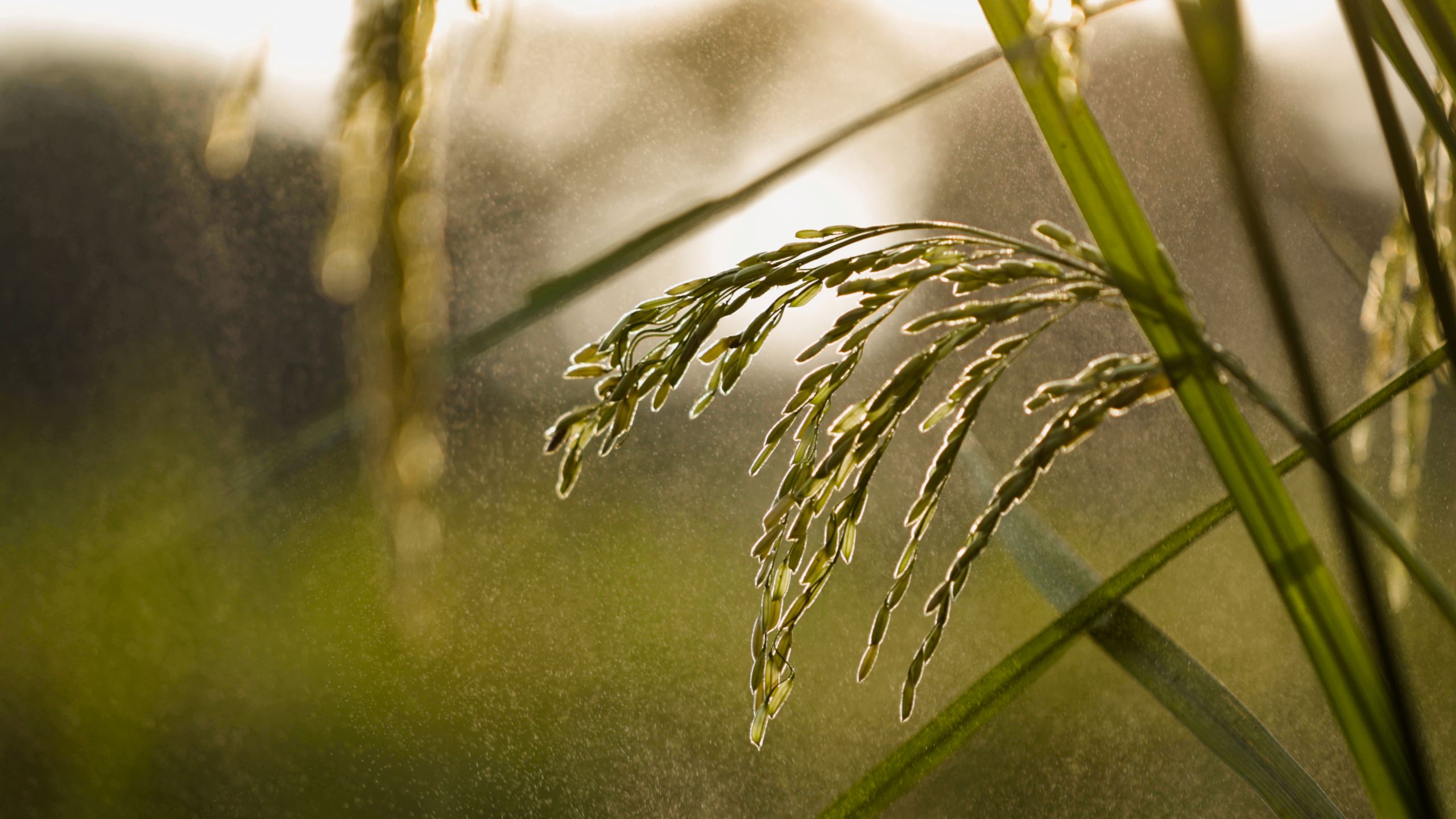
A breakthrough in rice cloning could revolutionize plant breeding, bringing down hybrid seed production costs and allowing nations to grow more from less.
It was serendipity that led Professor Venkatesan Sundaresan and his team at the University of California to make the key breakthrough to unlocking asexual reproduction in rice – a discovery that gives breeders the ability to clone hybrid seeds.
“We were just trying to figure out reproduction in plants,” he explains. “How do you get from sperm plus egg to zygote? It’s a process that gives rise to a whole new plant in which two terminally differentiated cells fuse to make a cell that is totipotent (capable of giving rise to any cell type).”
Related article

Attacking farmers’ problems with new breeding technology
With Corteva Agriscience’s unique gene-editing know-how, researchers fine-tune crops for better performance.
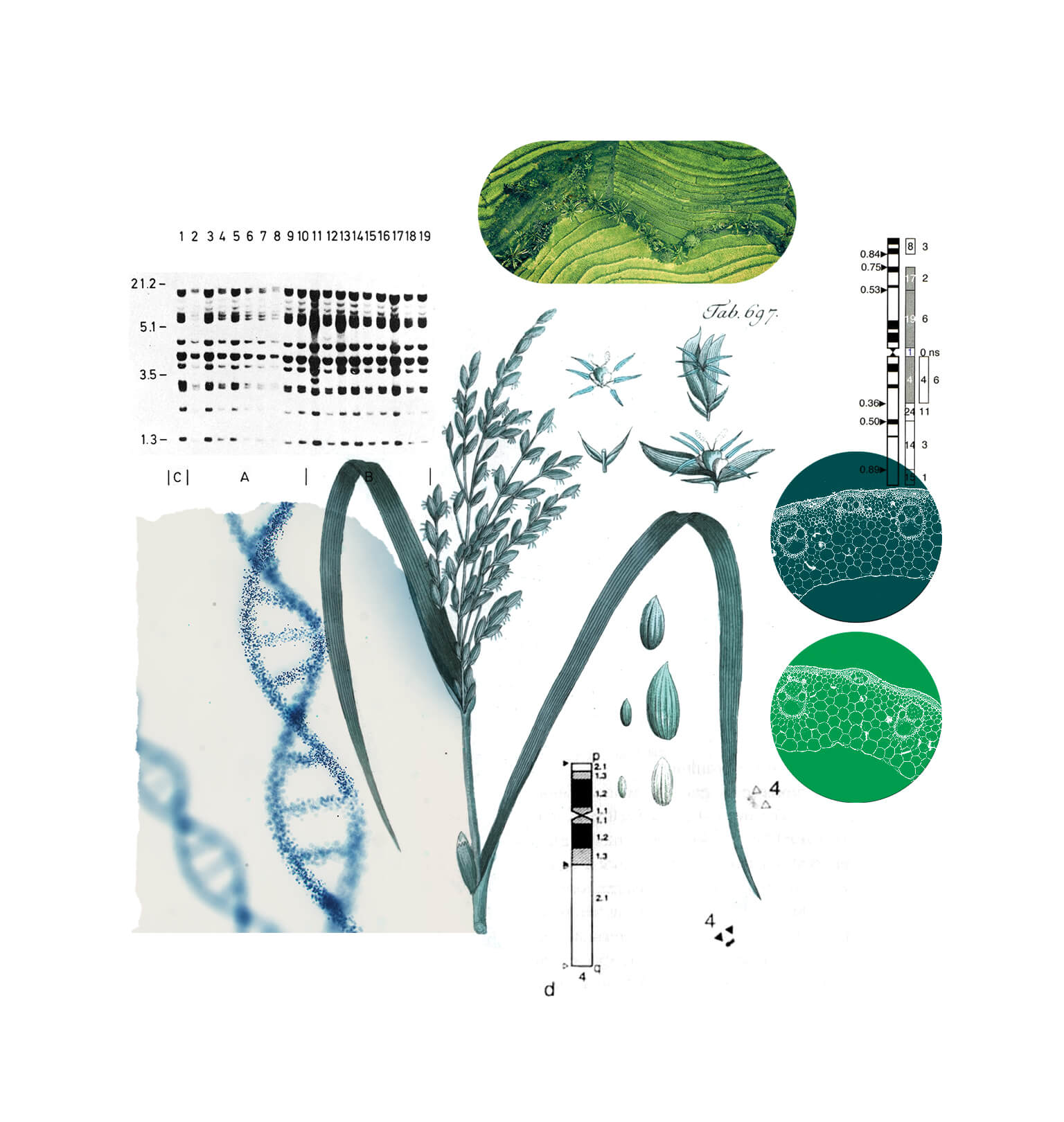
During extensive DNA and RNA analysis, the group found transcription factors that act as master genes to switch other genes on and off.
One of these was BABY BOOM1 (BBM1), expressed in sperm, and this was found to be the key to triggering fertilized eggs to develop into embryos. “We found that if you switch on BBM1 in the egg cell, you could bypass fertilization and no longer need sperm. It’s something called parthenogenesis.”
But that’s not the whole story. You also have to stop meiosis, which is the process by which egg and sperm
cells contain half the number of chromosomes of the parent, he adds.
If you knock out meiosis, then the egg cell inherits all the chromosomes. By combining those two processes you get clonal seeds.”
To achieve this requires both gene editing and genetic modification techniques. A bacterium, Agrobacterium tumefaciens, was used to transfer the altered BBM1 gene into the rice plant DNA. Then genome editing using
CRISPR was used to create rice plants with meiosis knocked out, enabling the plant to produce seeds that are clones of the parent.
In initial trials, the process was found to be 30% efficient, but subsequent research has improved this to 95%.

